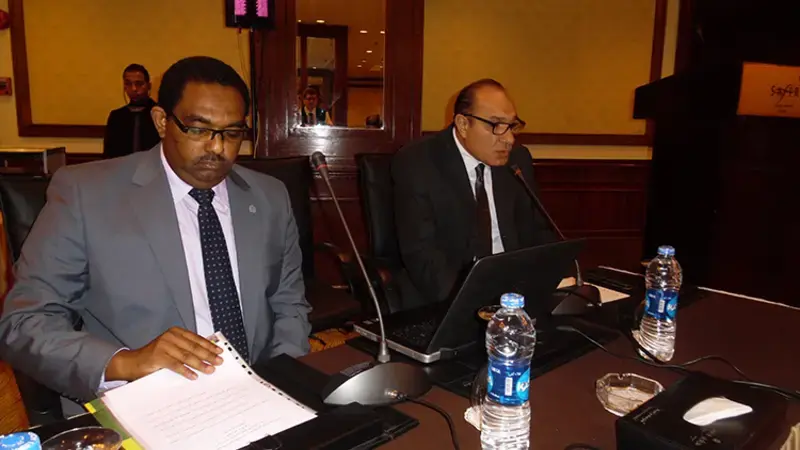ICARDA, FAO promote decent work and gender equality in Egypt

Women are vital to reducing rural poverty and improving food security and nutrition in rural areas. However, according to Mr. Hussein Gadain, FAO Representative in Egypt, women’s access to services, including education, training, finance and agricultural extension, is restricted due to some social norms, as well as “gender-blind planning and service delivery modalities”.
Discussing opportunities and formulating recommendations for enhancing access of rural women in Egypt to decent jobs was the purpose of a workshop held in Cairo on 10-11 April by ICARDA and FAO.
The empirical study conducted jointly by ICARDA and FAO on women’s work and empowerment in rural Egypt has produced fresh evidence on gender disparities in rural employment and the needs for creating more and better jobs for rural women. The findings were presented by Dr. Dina Najjar, ICARDA Social and Gender Specialist.
Rural women have limited access to productive resources and services, face some difficulties in rural labor markets, and are often excluded from decision-making within their communities. “Enforcing equal pay and corrective measures in the wage sector (late payment, reduced payment and gender wage gap) is an essential first step to realize decent work,” Dr. Dina Najjar said.
“Rural women play a crucial role in food security, income generation and agricultural production in Egypt, but their contributions remain largely invisible in official statistics and their rights as workers are often ignored,” said Mr. Libor Stloukal, Policy Officer, FAO. “Enhancing women’s access to decent employment and unleashing their potential in agriculture can generate major gains in terms of food security, poverty reduction and economic growth.”
“ICARDA combines expertise with partners to ensure that rural women can access secure employment and decent working conditions, which are key ingredients for reducing poverty and achieving sustainable livelihoods,” said Mr. Aly Abousabaa, ICARDA’s Director General.
The workshop generated policy recommendations for improving the availability and accessibility of decent jobs for women in rural Egypt, thereby accelerating progress towards women’s economic and social empowerment.
